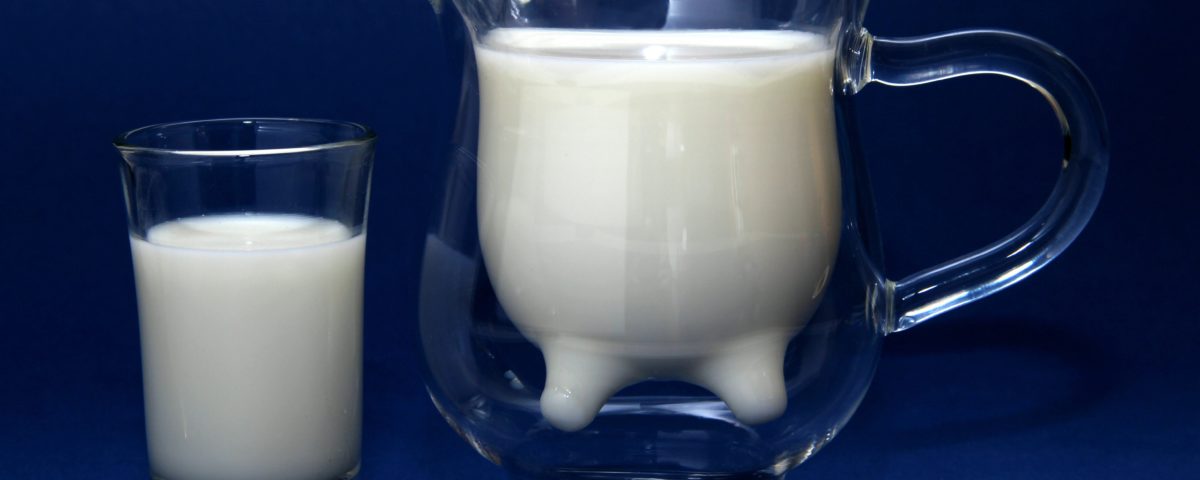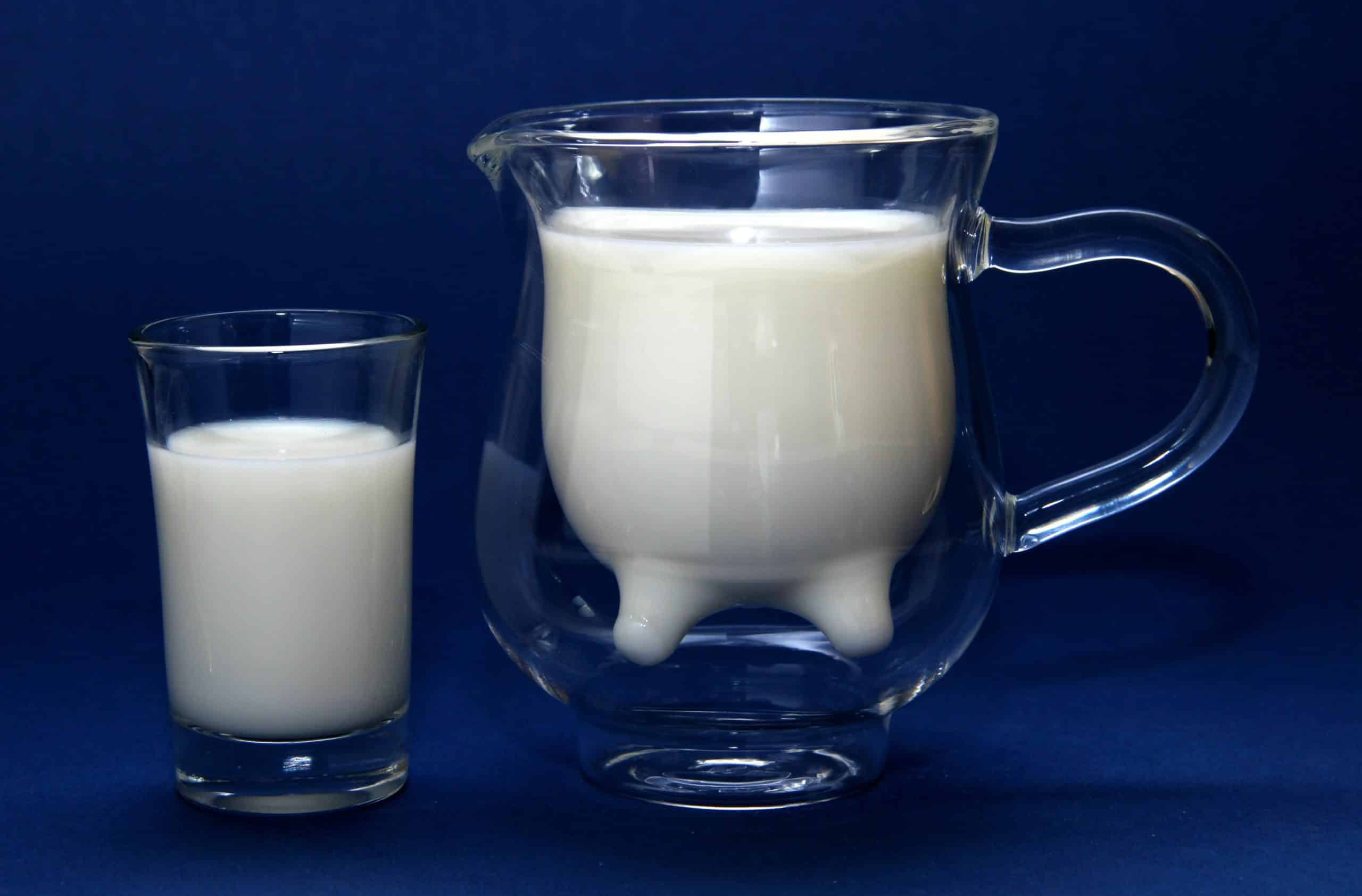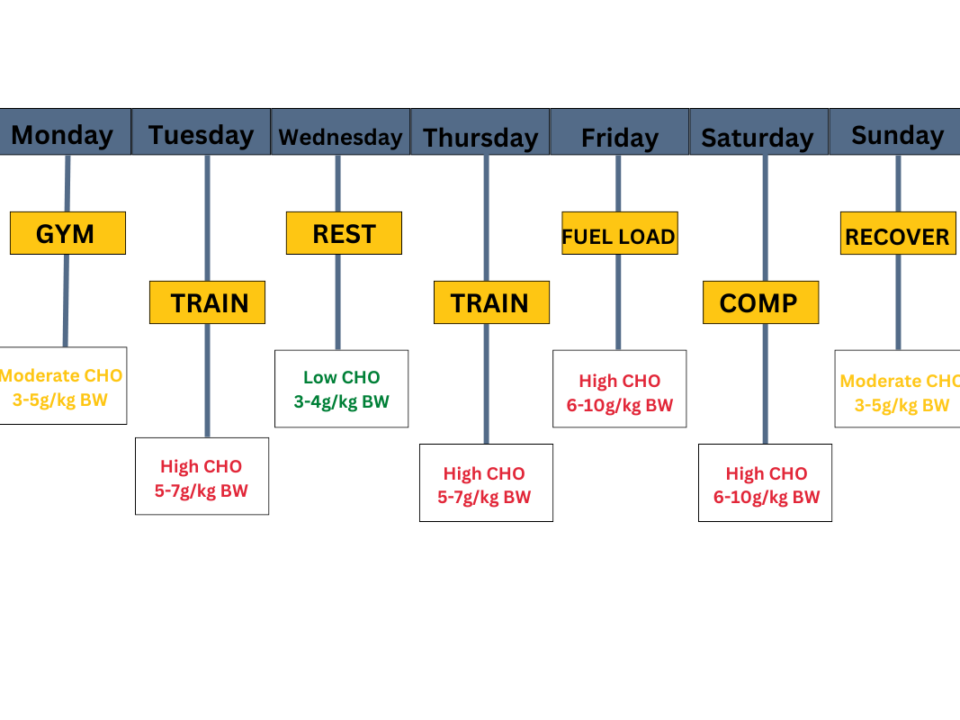What is protein?
Protein is the primary macronutrient that supports growth and repair, and is involved in almost every biological process in the body. Protein is what makes up muscle tissue; it also provides a source of energy for cells of the immune system. Fair to say it is an essential nutrient and one we can’t live without.
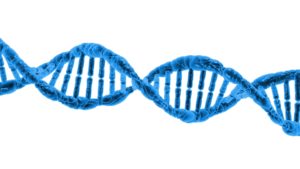
What is a complete protein source?
A complete protein (mostly from animal sources) contains all of the essential amino acids, or protein building blocks, that the body needs.
What is an incomplete protein source?
An incomplete protein (often from plant sources) is missing one or more of these essential amino acids.
How much protein should I consume each day?
Active people and athletes should aim to consume 1.7–2.0g of protein per kg of body mass per day depending on their health or performance goal.
Should I distribute my protein intake throughout the day or is it OK to have it in 1-2 meals?

While the body is extremely adaptable and can adjust to various types of food consumption. Yes, it is generally recommended that protein intake should be spread throughout the day (approximately every 2-4 hours or 4 meals daily) and not just eaten at lunch and dinner, this will support recovery from training, maintain lean mass and keeping energy levels stable. For an average person this will mean 3 main meals and 1-2 snacks that contain a source of protein and help you achieve your total protein requirement.
How much protein should men and woman eat at main meals?
Men will normally require two palm-sized portions of protein at main meals, 40–60g.
Women will normally require one to one and a half palm-size portions of protein at main meals, 20–40g.
Why is protein important after exercise?
The reason why athletes take protein (in whatever form) after exercise is to promote recovery by helping to repair damaged muscle fibres, but protein is also involved in countless other functions such as reducing muscle protein breakdown and facilitating hormone production and immune support, all vital for recovery.
How much protein should I consume after exercise?

The guideline for protein intake after intense performance is between 0.3–0.5 grams per kg body mass, which is 24–40g of protein for the average 80kg male or 20–32g for a 65kg female, but more for larger athletes.
What happens if I eat more protein than I need in one sitting?
Research done on different patterns of protein consumption suggests that the body can manage more protein than is commonly believed. Protein usage will depend on total daily protein consumption but it seems the body is capable to ‘slowing’ protein digestion to create an amino acid pool to draw from when needed. The small intestine is where the majority of protein in the form of amino acids is absorbed by the body. Protein that is not absorbed is transported to the colon where it is fermented by bacteria. Consistent excessive protein intake will lead to an increased protein excretion in faecal matter, and a bad smell!
What are examples of high protein foods?
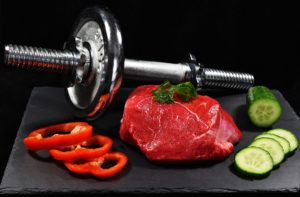
Red meat, white meat, fish, eggs, yogurt, milk, cheese, seafood, nuts, seeds, nut butters are all good examples of protein rich foods.
What foods should I eat after exercise to meet my protein requirements?
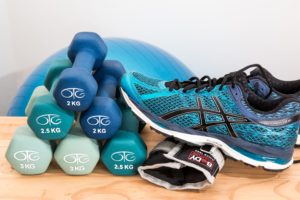
You can easily meet protein requirements post-workout by eating whole foods such as lean meats and fish in the recovery meal, but some people do struggle to eat dense food after exercising due to a sensitive stomach or lack of appetite. In this case, a liquid recovery meal like a recovery drink or whey protein fruit-based smoothie is perfect to provide these essential nutrients in a more tolerable form.
Is protein important during a period of injury?

Yes protein intake is particularly important during injury as it helps with growth and repair of damaged muscle. It also plays a critical role in limiting muscle protein breakdown during periods of immobility. For more information on nutrition for injury please read this article.
Should I use a protein supplement?
There are numerous whole food options that can provide nutrient-rich sources of protein as quick snacks around sessions – milk, yoghurt, boiled eggs, cold meats, pulses and nuts. But a protein powder supplement (particularly whey or casein protein) can offer a practical, time-efficient and convenient method of meeting protein needs if you are time-poor or just don’t have the high-protein foods to hand. This is particularly true for athletes who regularly train to a high intensity.
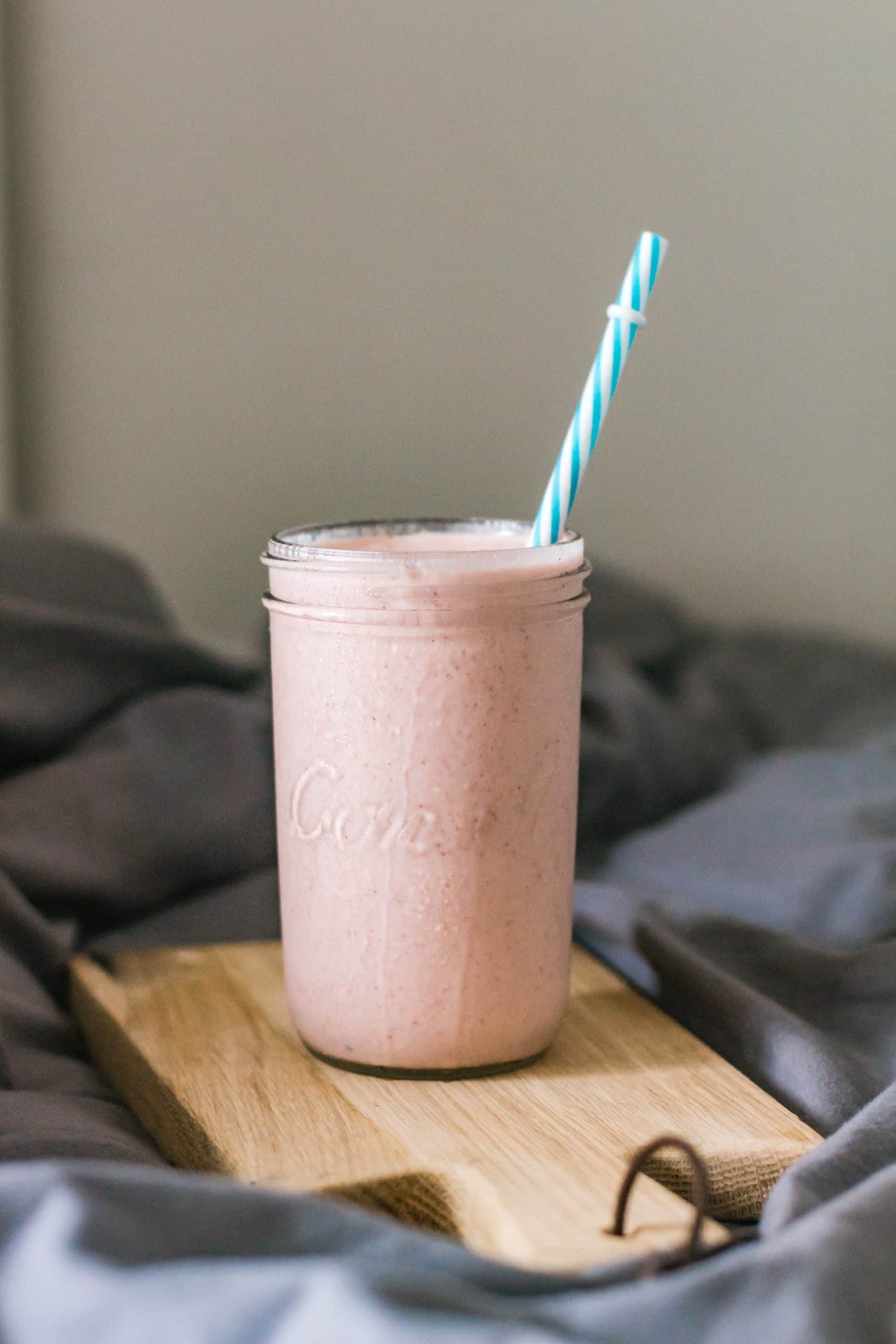
Are there health risks associated with consuming a whey protein powder?
People with a dairy protein allergy, lactose intolerance or those who experience digestive problems from dairy products should avoid consuming whey protein. There is no evidence to suggest that there are health risks from consuming whey protein within the recommend daily guidelines.
Are there health risks associated with a high protein diet?
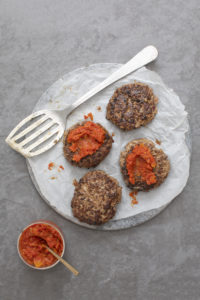
Firstly, there is some debate over what is considered a high protein diet. A protein intake range of 1.3-2.8g of protein per kg body mass is generally accepted as being ‘safe’. An excessive protein intake could be considered anything above 35% of daily calories or greater than 3.5 grams of protein per kg body mass. While the research on the definition of a high protein diet is lacking, most goals; health, performance and body composition related can be achieved by consuming an intake of protein between 1.4 – 2.4 g per kg. People with pre-existing kidney or liver conditions are advised to avoid high protein diets and stay within the recommended intakes for daily protein consumption.
Is protein important when aiming to reduce body fat?
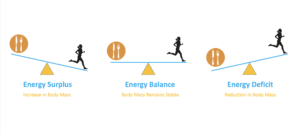
Protein is known to play an essential role in limiting the loss of lean mass, particularly when in a calorie deific and completing a resistance training program. Research has shown that consuming 2-2.4g of protein while in a calorie deficit promotes greater fat loss and retention of lean mass compared to the same resistance training program while consuming a low protein intake of 1.4g protein per kg body mass.
How can vegetarians, or anyone for that matter, meet their daily requirement for protein from suitable plant sources?
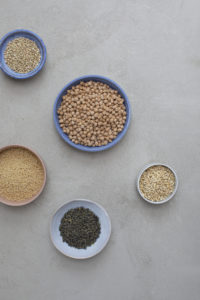
It’s entirely achievable for someone to meet their protein needs from plant sources but does require a bit more planning and preparation of meals, instead of just reaching for a chicken breast or salmon darne.
- Chickpeas, beans and quinoa
- Mixed beans and brown rice
- Hemp, chia and pumpkin seeds with oats
- Mixed nuts and seeds with beans
- in a fresh salad
- Oatmeal muesli with mixed nuts
- and seeds
- Buckwheat with beans and fresh
- green vegetables
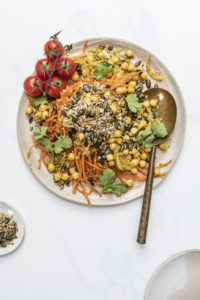
What are other good plant protein sources?
Tofu is a highly versatile and nutritious food that is made from curdling soy milk
(from soybeans) and pressing it into small blocks. Tofu has 76 calories, 4g of fat, 2g of carbohydrate and 8g of protein per 100g.

Hemp is one of the very few plant proteins that supply you with all essential amino acids. Shelled hemp seeds are great in muesli or added to homemade bread or simple snack bars.
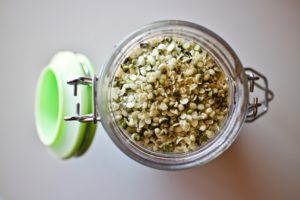
If you would like to read more on the topic of protein, the link below discusses how important protein is during recovery from injury.
Key Nutrition Considerations For Recovery From Injury
References
Arnal, M.A., Mosoni, L., Boirie, Y., Houlier, M.L., Morin, L., Verdier, E., Ritz, P., Antoine, J.M., Prugnaud, J., Beaufrère, B. and Mirand, P.P., 2000. Protein feeding pattern does not affect protein retention in young women. The Journal of nutrition, 130(7), pp.1700-1704.
Egan, B. “Protein intake for athletes and active adults: Current concepts and controversies.” Nutrition bulletin 41, no. 3 (2016): 202-213.
Kerksick, C.M., Wilborn, C.D., Roberts, M.D., Smith-Ryan, A., Kleiner, S.M., Jäger, R., Collins, R., Cooke, M., Davis, J.N., Galvan, E. and Greenwood, M., 2018. ISSN exercise & sports nutrition review update: research & recommendations. Journal of the International Society of Sports Nutrition, 15(1), p.38.
Kreider, R.B., Wilborn, C.D., Taylor, L., Campbell, B., Almada, A.L., Collins, R., Cooke, M., Earnest, C.P., Greenwood, M., Kalman, D.S. and Kerksick, C.M., 2010. ISSN exercise & sport nutrition review: research & recommendations. Journal of the international society of sports nutrition, 7(1), p.7.
Longland, T.M., Oikawa, S.Y., Mitchell, C.J., Devries, M.C. and Phillips, S.M., 2016. Higher compared with lower dietary protein during an energy deficit combined with intense exercise promotes greater lean mass gain and fat mass loss: a randomized trial. The American journal of clinical nutrition, 103(3), pp.738-746.
Poortmans, J.R. and Dellalieux, O., 2000. Do regular high protein diets have potential health risks on kidney function in athletes?. International journal of sport nutrition and exercise metabolism, 10(1), pp.28-38.
Ten Have, G.A., Engelen, M.P., Luiking, Y.C. and Deutz, N.E., 2007. Absorption kinetics of amino acids, peptides, and intact proteins. International journal of sport nutrition and exercise metabolism, 17(s1), pp.S23-S36.





